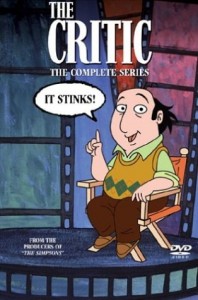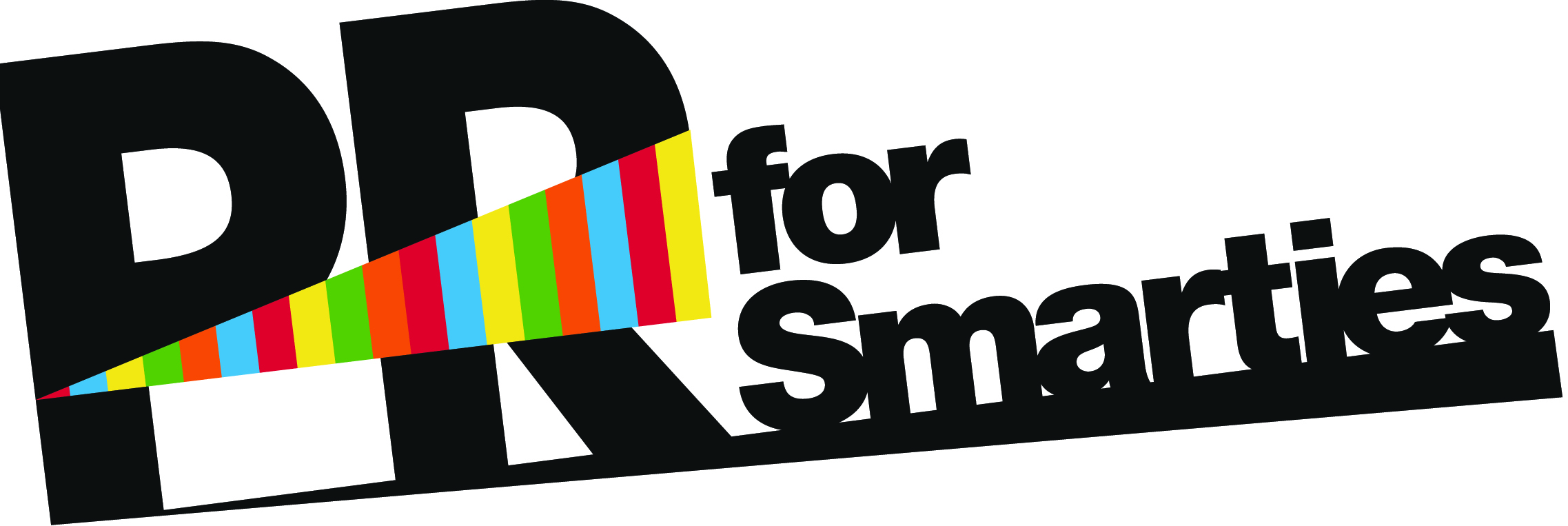 There’s a major kerfuffle in the Off Broadway community this week, as the Village Voice airs an Octoroon actor’s dirty laundry, and the blogosphere responds in kind.
There’s a major kerfuffle in the Off Broadway community this week, as the Village Voice airs an Octoroon actor’s dirty laundry, and the blogosphere responds in kind.
Personally, I think Matt Freeman gives the most measured assessment of the situation.
If this were my project, I’d be hopping mad (yes, I would literally be hopping on one leg, screaming obscenities). But not for the reasons you may think.
First, I would have to debate the editor, who I like and respect VERY much, on the merits of freedom of information vs. private correspondence. And frankly, I think that’s a debate that neither side can win. And as much as this has become a battle cry against online media, this is no different than Page 6 “overhearing” a conversation and splashing it as the lead item. Except there’s a paper trail, which makes it seem less like rumor and more like fact (which by all appearances, it is).
Next, I would have to field loads calls from a very angry client as to why I don’t have the superpowers to remove the noxious item. And this is no fun.
Finally, I would simply watch dumbfounded as other blogs picked up the item and argued for or against the posting and removal. The whole thing just sort of feeds upon itself, a spinning vortex of doom, until one day it simply collapses and it’s finally over.
But since I don’t have to deal with it, I can simply Monday morning quarterback, which is much more fun.
Anyway, last week a very similar kerfuffle played out in Philadelphia. My friend Leonard has the nitty gritty over on Clyde Fitch, but the simplistic version is that the Inquirer ran what the theater company deemed an incorrect assessment of a play about a pedophile (I still can’t quite figure out if this was factually flawed, but it seems more like an “incorrect assessment”). This caused some controversy, most notably a phoned in threat that the company received from someone angry about the subject matter. The company got nervous and asked the Inquirer to remove the review. The Inquirer refused.
Of course it’s more complicated, so I do urge you to read Leonard’s post, and the subsequent comments, which includes reactions from both the Inquirer critic and the theater company.
And finally, on Friday, I caught a little nugget on Twitter from the TCG conference that suggested that theaters invite only critics who are considered supportive of the work. (I will blog more about this, and my response, anon.)
In all of these circumstances I see something a rather unnerving at play. Outward appearances suggest that many companies are knee-jerk reacting when anything that isn’t wholly positive about their projects hit the media.
Apparently, the only place you can avoid this is in the United Arab Emirates, where the government controls the press. Cultural events, which are already few and far between, are sponsored by the government, which controls the media. So the reporting is often a reprint of a press release or an interview conducted by the PR representative. So glowing reviews for all! (A fellow flack friend just returned from a several month stint in Dubai, so the media process was explained to me.)
Is this what we would prefer?
When you go into a project, play devils advocate. Assume, just for a minute, that you will get bad reviews and “unfair” coverage.
Now ask yourself this, how will you overcome these negative reviews? What can you do weeks or months before the critics even walk through the theater’s doors to ensure that you will be able to ride out a critical storm?
If you aren’t asking yourself these questions, you have no choice but to be in the defensive position if negative reviews hit. And overcoming them from this position is very hard indeed.
I wonder what would happen if we stopped wasting time and headspace blaming the critics and instead started working towards a more proactive way to build and sustain an audience.
Do you think that’s even possible? Why is critical reaction so make-or-break in the arts? What can we do differently to make it less so?

The lesson? Always be careful what you say in an email. I pray none of my personal (read: slightly drunken) missives ever end up in the wrong hands.